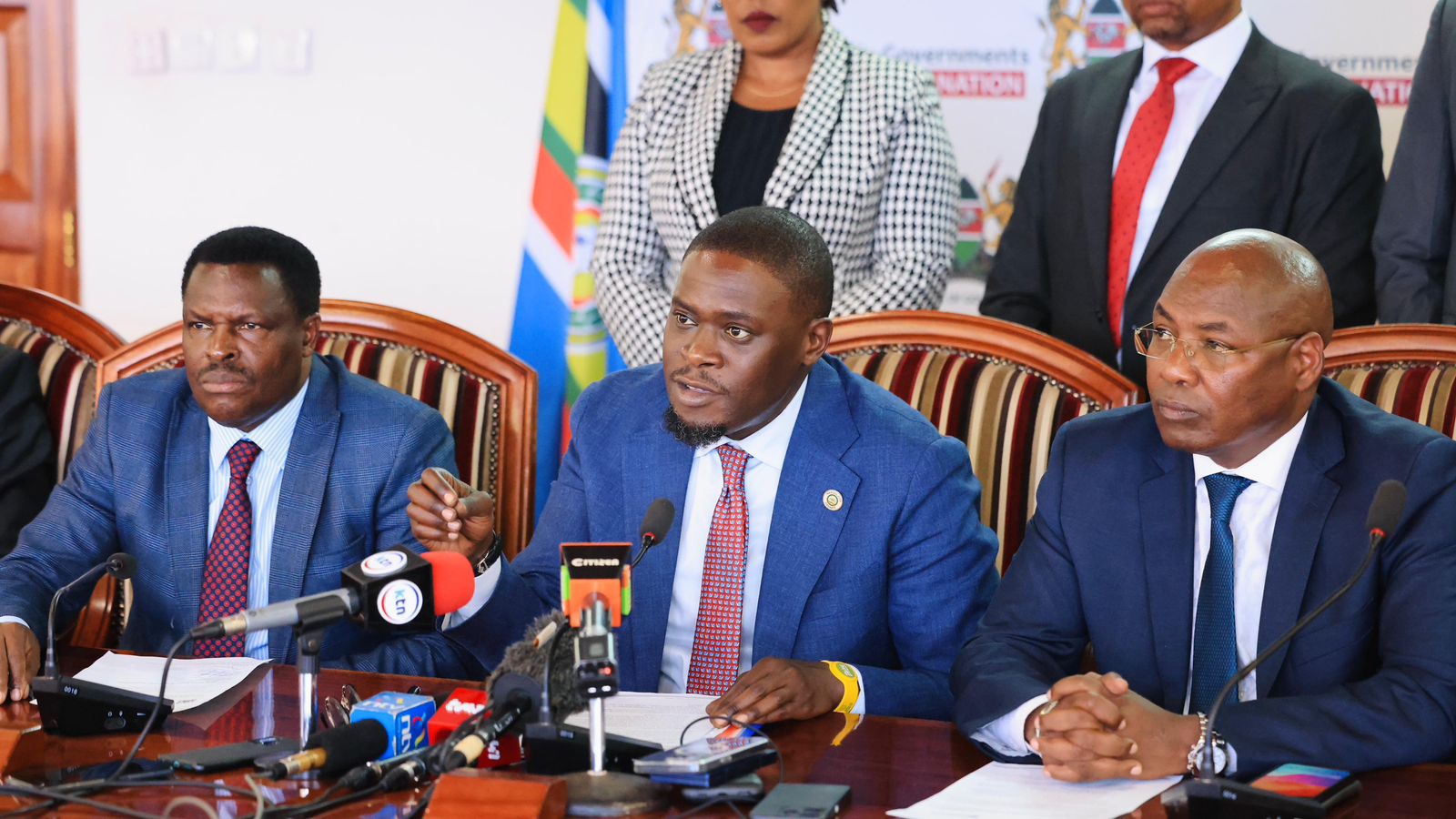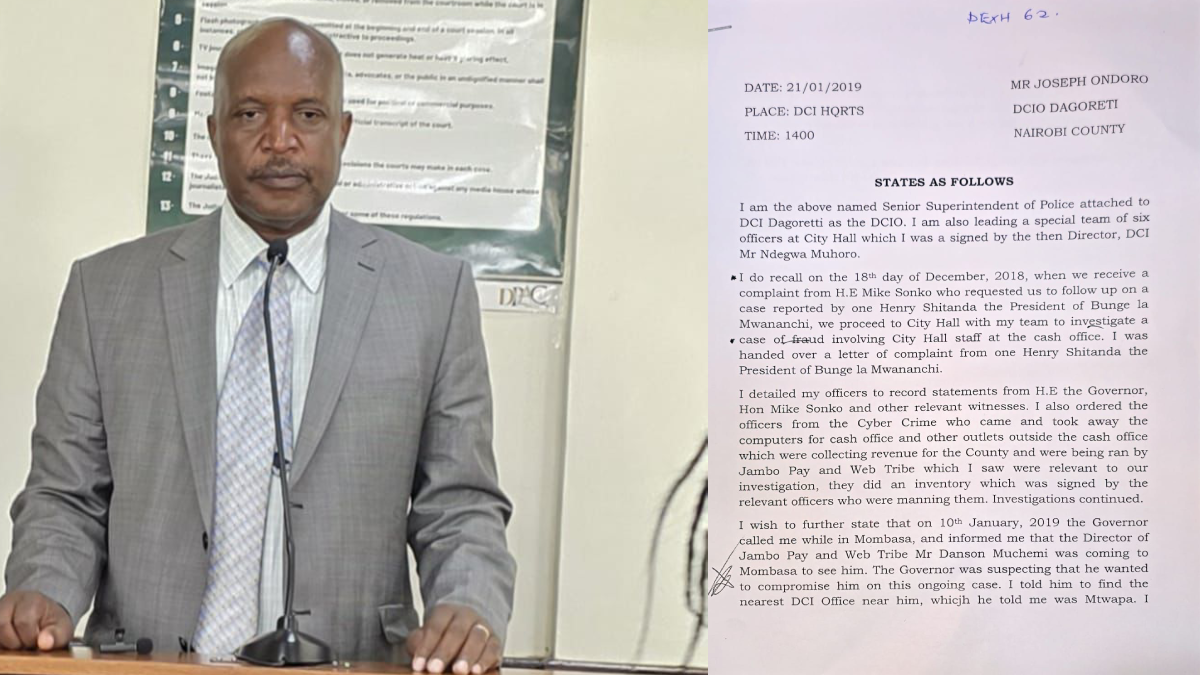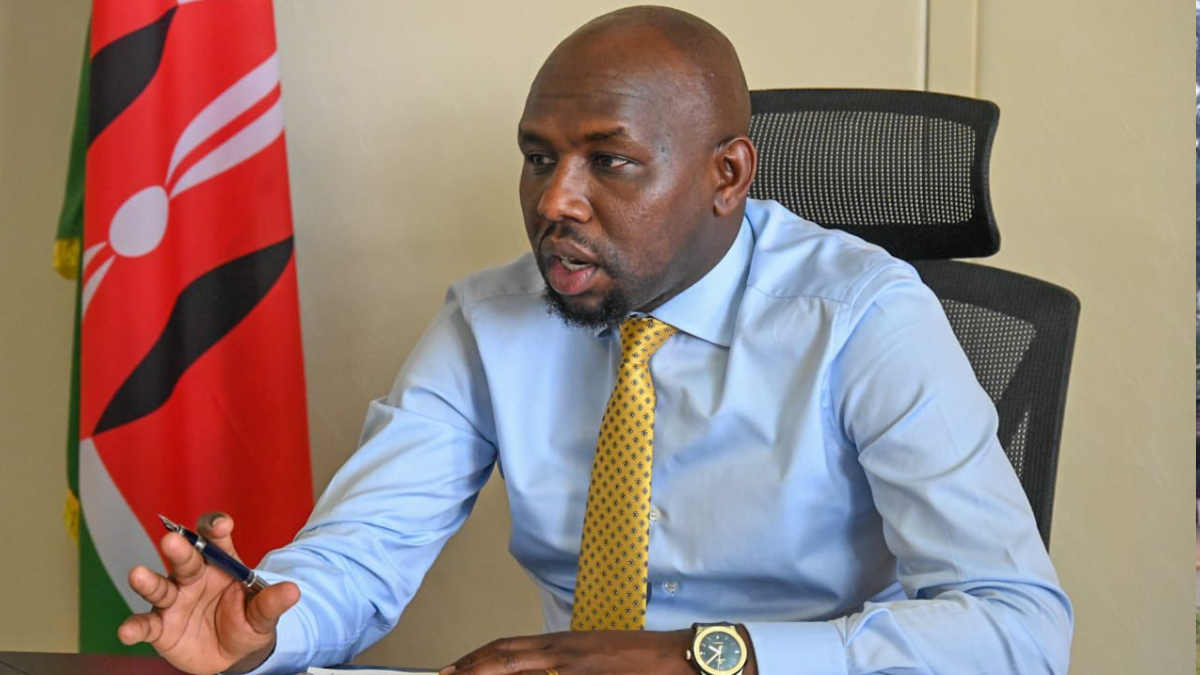Nairobi Governor Sakaja Johnson has strongly defended counties commitment to providing bursaries for needy students, warning that a directive by the Controller of Budget (COB) risks derailing education access for thousands of learners.
Speaking during a press briefing, Sakaja clarified that counties are not in competition with the national government but serve as complementary partners in improving the lives of Kenyans.
“We are not asking for more money, nor are we saying that the national government should set aside funds for bursaries. We are simply helping the needy. In Nairobi alone, over 124,000 students are in school today because bursaries cover their fees. These children come from less-privileged families,” Sakaja explained.
The Governor emphasized that the mandates of the national and county governments are distinct but interconnected, as both serve the same citizens.
“There is no government function explicitly called ‘school fees.’ The Ministry of Education handles matters like paying teachers and setting the curriculum. However, supporting the welfare of learners is a shared responsibility that requires collaboration between all levels of government,” he said.



Governor Sakaja called on the CoB, Dr. Margaret Nyakang’o, to reconsider the directive, which stipulates that counties must cede the education function to the national government if they wish to continue providing bursary support.
He argued that such a policy disregards the dire realities faced by many Kenyan families. “So many Kenyans are products of harambees and bursaries,The situation on the ground is dire, and we cannot ignore it. I urge the COB to address this issue from a humanitarian perspective,” he added.
The directive, which has sparked nationwide debate, has left hundreds of thousands of students dependent on county bursaries in limbo.
Governor Sakaja insisted that the support offered by counties is a lifeline for many families, ensuring access to education for children who might otherwise miss out.
He maintains that bursaries are not about overstepping boundaries but about addressing an urgent need within communities.
“The role of government, at all levels, is to serve its people. Denying bursaries is denying opportunities for the future of this country,” Sakaja concluded.
As the debate over education funding continues, all eyes remain on the COB and the national government to determine whether county bursary programs will persist or face further challenges.











